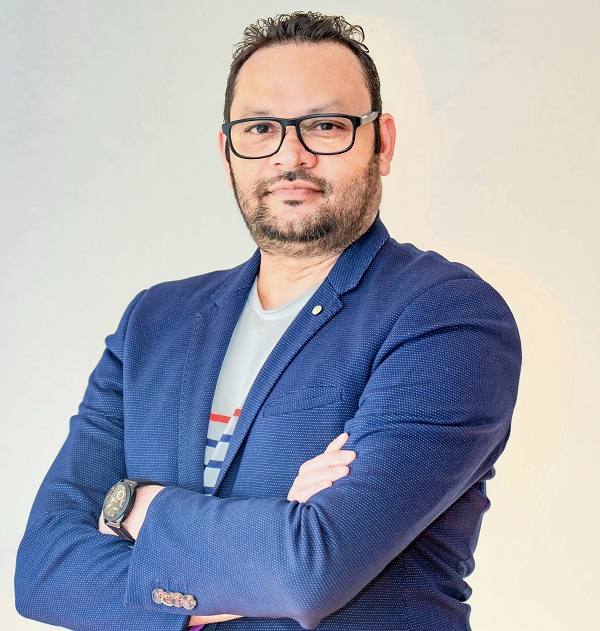
What happens when you’re busy making others’ plans?
By Asanka Fonseka PhD* (pictured), Founder of NTENDER.AI
“Life is what happens when you’re busy making other plans.” – John Lennon in Beautiful Boy
These enduring words from John Lennon should resonate with many financial advice practices. At full capacity developing financial plans for clients, there is little time to sit back and think about working on developing their business practice rather than simply keeping up with it.
According to ASIC, there are 2.6 million Australians paying for financial advice, but another 10.25 million would like to receive it sometime in the future. Clients are looking for financial security and greater control in a future they feel is increasingly uncertain and volatile. A substantial proportion of that new business will come in the form of the so-called ‘silver tsunami’ of retirees.
There is huge potential for practices to grow. Unfortunately, that growth will be likely be confined to those who integrate new technologies into their practices to achieve greater efficiency and profitability.
In a recent LinkedIn post, leading Australian financial services researcher, Andrew Inwood^ said that Australian financial advice businesses feel the strain at about 150 clients per adviser, with some struggling to effectively service 90.
He highlighted the serious constraints this causes, where the number of clients per adviser caps growth, services and income. In the UK, he noted similar businesses were handling 250 clients per adviser through a combination of a simple offer, great client segmentation and outsourcing.
The two levers of service effectiveness and income growth can be leveraged by enhanced data science and insights to supercharge the growth capacity and capabilities of financial advice businesses.
Data science is very useful in businesses like financial planning, where complex service delivery and regulation means gathering and advise on a rich array of clients’ personal and financial data.
This provides a 360-degree intimate view of clients that is demonstrably superior to that of institutions like super funds and even banks. It not only includes formally assembled information, but also less recognised, unstructured data like email and chatbot conversations. Practices accumulate data that covers the financial and personal affairs of thousands of clients.
The challenge is to convert this into meaningful insights at a ‘whole of business’ level – not only an understanding of what clients are doing, but why they are doing them. By getting to the why, practice managers can determine what strategies and actions will be most effective in retaining and attracting clients.
Of course, individual advisers can evaluate this on a case-by-case basis, but identifying systemic client behaviour, retention and growth requires an overarching view of opportunities and risks within the client base.
AI-assisted segmentation, pattern analysis, explainers and predicters can be delivered dynamically, even in real time if required, to a dashboard tailored for a specific planning practice. Depending on reporting frequency, it enables practice managers and individual planners to anticipate and respond to client needs and to nudge them towards better decisions for better financial outcomes.
It also helps improve conversion of inquiries into new business. Actionable insights and a deeper understanding of the clients best matched to a service offer can improve a practice’s first response to new inquiries – whether on phone, website or via a chatbot – increasing the likelihood of conversion to new business.
Timely and meaningful insights from AI-powered data science enable advisors to focus on the things that matter to clients, to anticipate client needs with valuable interventions and to reduce time wasted on unnecessary communications and activities that don’t positively influence client experience and retention.
Customised, timely insights attuned to business needs can deliver greater efficiency, effectiveness and growth for financial planning practices. It can allow them to capitalise on the unmet and increasing demand for financial advice in a marketplace where people are seeking professional guidance for a more secure and assured personal financial future.
For practices it means achieving business growth, even while advisers are busy working on other people’s plans.
* Asanka Fonseka completed his PhD in artificial intelligence and machine learning at Monash University. Since then, he has led data science teams and built ground-breaking insights capabilities in the financial services, entertainment, regulatory and FMCG sectors. He founded NTENDER.AI in 2023, offering a unique Data Science as a Service (DSaaS) model to put the power of AI within reach of every enterprise.
* Andrew Inwood is Founder of the international CoreData Group, one of the world’s leading financial services research firms.


